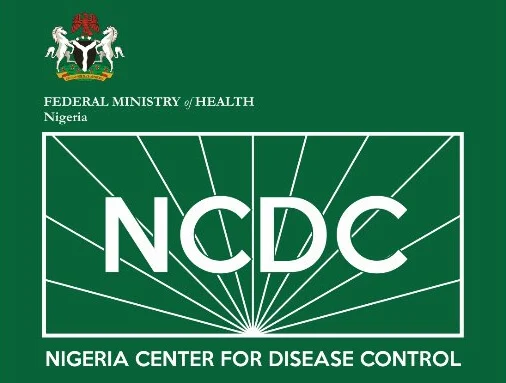As Nigeria Joins the global community to commemorate World Antimicrobial Awareness Week (WAAW), the Nigeria Centre for Disease Control and Prevention (NCDC) has said that the impact of Antimicrobial Resistance (AMR) on the economy, health systems and the attainment of the Sustainable Development Goals (SDGs) is enormous.
Director-general of NCDC, Dr Ifedayo Adetifa, who disclosed this at press briefing in commemoration of this year’s WAAW in Abuja, said up to US$100 trillion of global gross domestic product could be lost due to AMR by 2050, and the Low and Middle-income country (LMICs) would be most negatively impacted.
According to him, antimicrobial agents are essential for food security and the global consumption of antimicrobials is projected to rise by 70 percent by 2030 and will affect sustainable food production systems if nothing is done.
He said, “Every year, AMR directly causes 1.27 million deaths and is associated with an additional 3.7 million deaths. Low and LMICs, including Nigeria bear the brunt of this burden, accounting for nearly 90 percent of the direct death toll”,
Sadly, over 99.5 percent of AMR–related deaths are among children under five, said Ifedayo, adding that recent studies show that more people die directly from AMR than from HIV/AIDS, malaria, or any one form of cancer other than lung cancer.
However, the NCDC boss revealed that the Nigeria now has there an AMR surveillance network, antimicrobial stewardship, and awareness programmes across the country creating awareness of AMR among healthcare professionals, farmers, and the public.
Speaking further, he said Nigeria is currently finalising its second National Action Plan for AMR (NAP 2.0) in collaboration with all relevant stakeholders to determine required finances, applicable milestones, and national targets, includung the SDG indicators on AMR in the human health sector, and adopting a One Health approach.
“The recently concluded Joint External Evaluation (JEE 3.0) revealed that Nigeria has significantly improved with a 54 percent rating as against 39 percent in the first evaluation of all the technical areas in 20217.
“On AMR, the National AMR multisectoral coordination has moved from level two to level four, while antimicrobial stewardship moved from level two to level three. This is indeed a great achievement for Nigeria in its efforts to responding to the national and global AMR threats. Recommendations from the JEE 3.0 have already been incorporated into the draft NAP 2.0, to be launched in December 2023,” he added.
Also, the World Health Organisation (WHO) representative and head of mission in Nigeria, Dr Walter Kazadi said AMR remained at the top of list as biggest contributor in overall and child mortality in Nigeria than HIV, TB or Malaria.
He said GDP loss attributable to AMR in developing countries like Nigeria has been forecasted to be at 5-7 percent by 2050.





